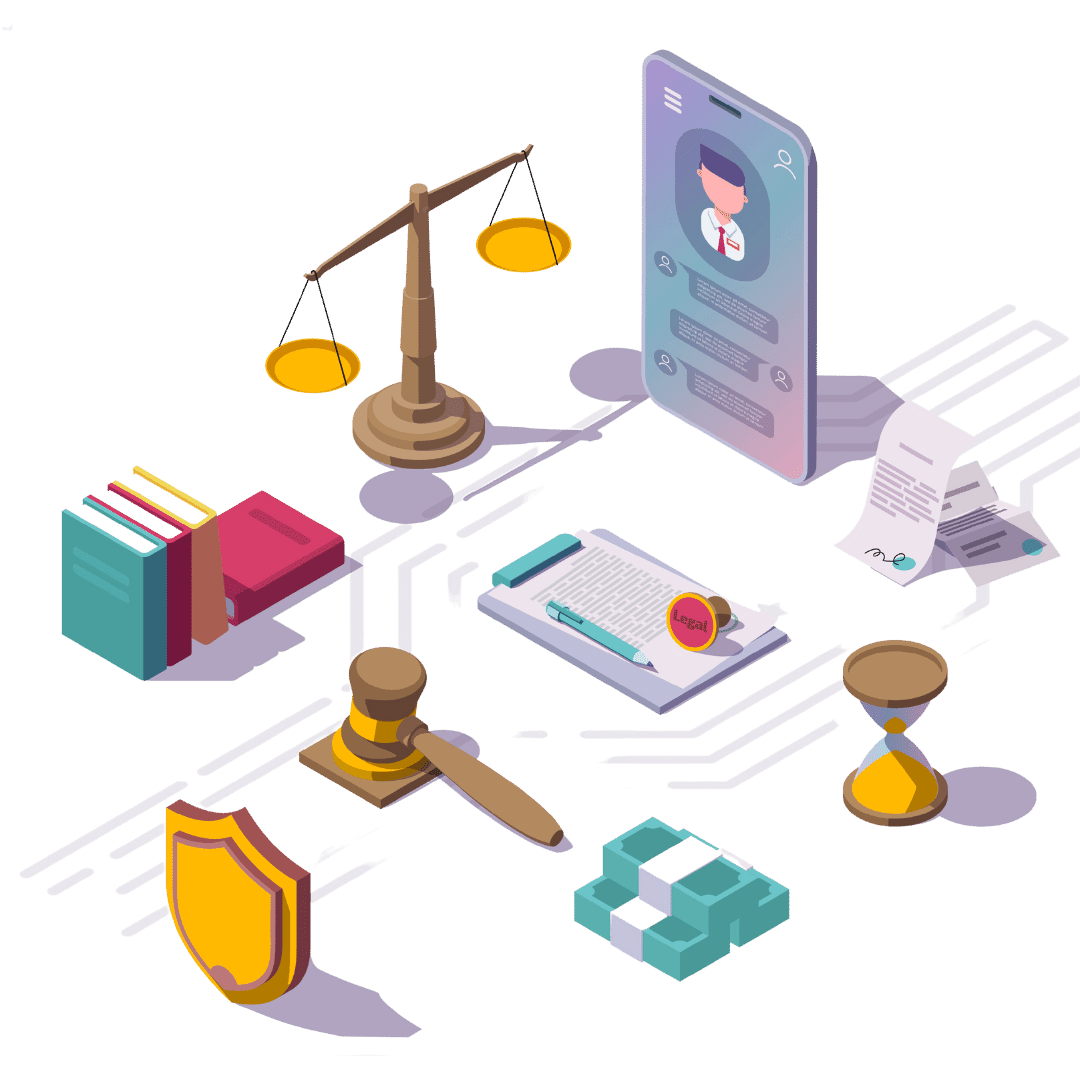Online Divorce Mediation and Arbitration
When someone makes the tough decision to get a divorce, they want that process to go as quickly and affordably as possible. Every divorce needs court approval but not every divorce has to go into an actual court proceeding. Online mediation and arbitration divorce is a viable alternative for two people to expedite their divorce.
Divorce mediation will involve a professional on whom both sides agree to help resolve issues involving alimony, child custody, child support, and the distribution of marital assets. By opting for mediation, you can forgo the expenses and stress of a court appearance. And online mediation means you can resolve those issues from the comfort of your own home or office.
Online Divorce Mediation Access
Different types of online portals can help facilitate an online divorce mediation process. You can open these portals on a desktop PC, laptop, tablet, or smartphone. All you need is a reliable Internet connection.
The chosen mediation portal will be where you communicate with your mediator. But, of course, you can also communicate through emails or texts.
After you set up your profile on the mediation portal, you can upload pertinent documents, or any requested written statements. You can designate those statements as confidential, and they will only be read by your mediator.
The Mediation Session
After collecting all the documentation, the mediator will set up your online session. That session can occur on familiar sites such as Zoom or GoToMeeting. This is how an online mediation and arbitration divorce session can play out:
Private Room
You will have access to a private virtual mediation meeting room. In that room, you and your mediator will discuss issues in private. Any time someone enters the private room, there will be a notification.
Room Shuttling
A mediator can adopt a room shuttling approach for your mediation session. That will allow them to go back and forth between you and your spouse to discuss the divorce settlement details.
Sometimes there is a need to break up a joint session into a private session. Then, the mediator must take in all sides and convey the information back to the parties.
The Agreement
When the mediator helps you and your spouse achieve an agreement, they will move on to drafting the official divorce settlement filing. The mediator will then present the agreement to the court, where a judge will finalize the agreement. When that happens, you will sign a final copy of the agreement, and the divorce is complete.
Pros and Cons of Online Divorce Mediation
Going the online mediation route can help speed up the divorce process. However, as with putting an attorney on retainer, there are pros and cons to consider for divorce mediation.
Pros
Here are the pros to consider for online divorce mediation:
- Ease of Location
Because your mediation will be online, you can go anywhere there is an online connection. That reduces the stress of traffic and parking hassles. For example, you can go online at your home, a friend’s home, your office, or some other private spot.
- Greater Access to Mediators
Just as you can go anywhere with an internet connection for your mediation, so can the actual mediator. That means you will have greater access to a broader selection of mediators. They can be based out of any state or city. Just be sure that your choice of mediator understands your state’s divorce laws.
- Flexible Scheduling
When there is no traffic time to consider for the meeting, it will be easier to set up a time for your mediation that everyone can agree to. That includes a mediation session before or after work hours.
- Personal Distance
At times, a divorce can become contentious. Tempers can flare up if you’re in the room with your soon-to-be ex. Being online creates a buffer zone that can help keep the proceedings on an even keel.
- Easy Access to Witnesses
You might want to utilize a witness, such as an accountant or lawyer, to support your claims. Those witnesses will have easy access to join the session without the constraints of traveling to a location.
- Fast Document Sharing
The mediator can instantly share documents during the online session for both sides to review. Everyone can literally be on the same page.
Cons
Here are the cons for online divorce mediation:
- Wi-Fi and Tech Issues
Working through an online meeting portal can be intimidating for anyone unfamiliar with the technology. There might also be Wi-Fi signal issues that can impact the online session. It might help to have a practice session with the mediator to resolve the connectivity concerns.
- Distractions
Anyone who works from home is well aware of the potential for distractions. Those distractions can come from wandering pets or kids that need attention.
Conclusion
You can still work with an attorney for online divorce mediation. That attorney can help you prepare for the session and provide legal support. At Rapid Ruling, we pride ourselves in offering the best possible service for online mediation and arbitration.
Overall, online divorce mediation works best when both parties agree on the central issues in advance. It may take one online mediation session to complete the divorce. If you’re looking for the best of both sides, make sure to contact us for the adequate resolution.
Alternative Dispute Resolution Blog
Read about alternative dispute resolution and how our online arbitration platform works.
What Is an Arbitration Panel?
I hear the same story from business owners all the time. A contractor in Florida signs a job, everything seems smooth, and then suddenly a disagreement over the contract terms pops up. Nobody wants to go to court, and most people do not want the costly
What Is a Binding Decision?
A binding decision is a ruling made by a neutral third party, such as a judge, arbitrator, or administrative body, that the parties involved must follow. In legal terms, it has the same weight as a court order. Unlike casual agreements or negotiations, a binding
Preventing Lawsuits in Joint Venture Agreements
Joint ventures (JVs) can be powerful tools for growth. Two businesses combine expertise, share resources, and expand into new markets. But for every successful real estate joint venture or international expansion, there are countless stories of deals falling apart



We Quickly Decide Disputes With Ease
Resolve your dispute with RapidRuling in 4 easy steps!
Begin your online arbitration or mediation, by visiting our eFile Portal, where you can submit your case.
The opposing party will receive notice from Rapid Ruling of the claim and shall respond within the time period, if any, specified.
The assigned Arbitrator will review the submissions and proceed to review the claim based on the Rules.
Your Arbitrator will issue an award within weeks of filing a claim, not years. This decision is legally binding and enforceable.







